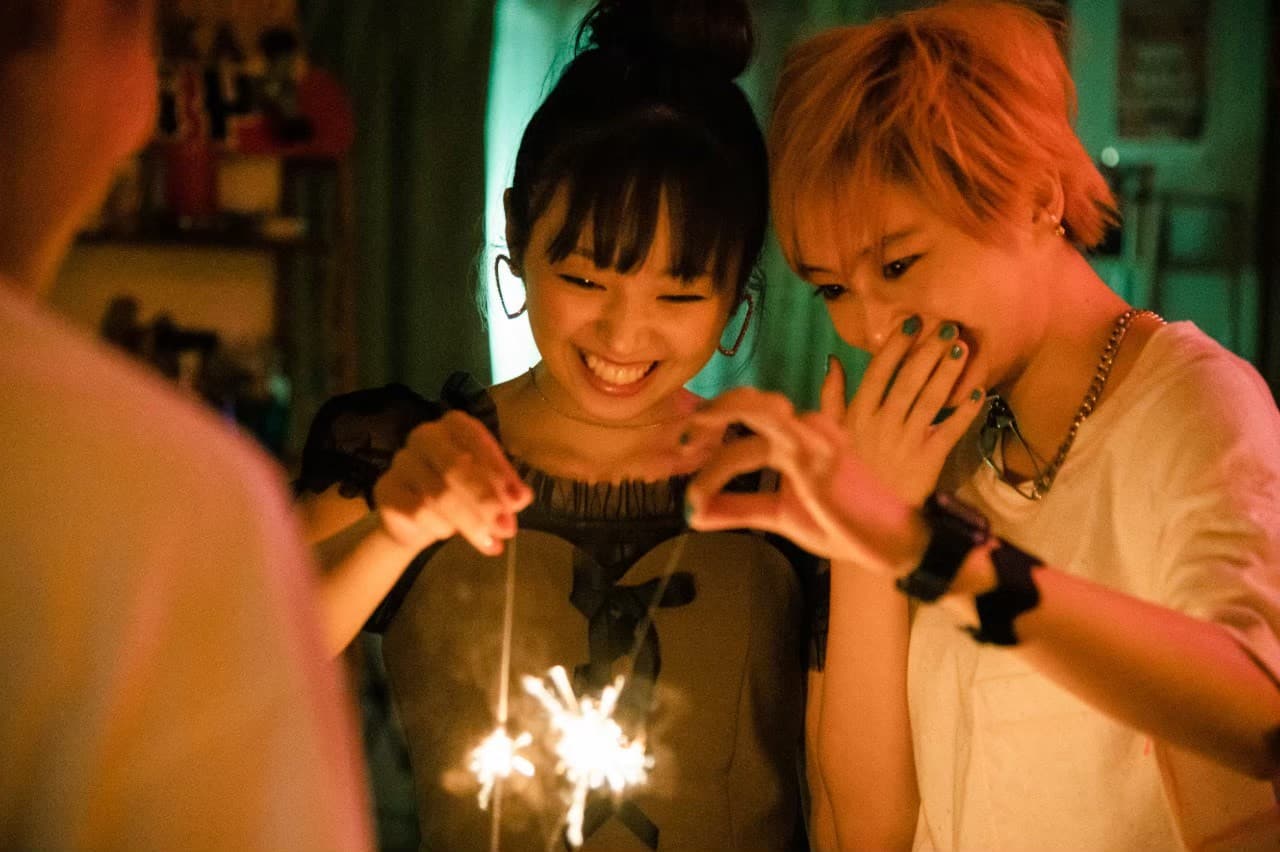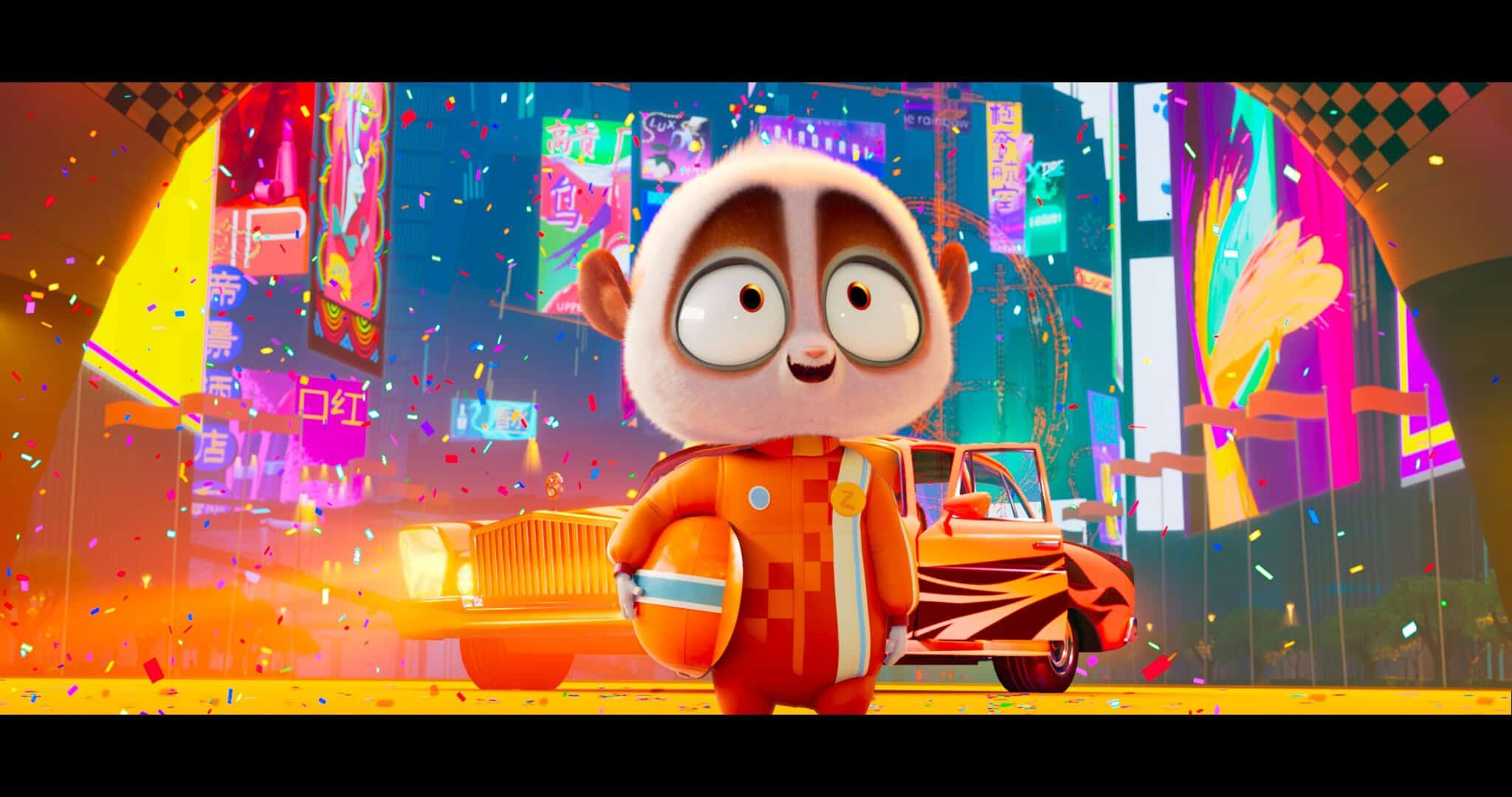In the world of science-fiction, the focus of authors, directors and artists has on the one hand been on the technological aspect of the possible future, and on the other hand they have tried to shed some light into how these new inventions shaping our society and behavior. Given how social media and cell phones have defined the lives of people, families and couples, some of the outlooks on the world of tomorrow created by the likes of George Orwell or Aldous Huxley seems now more believable than in the years they published their most famous works. Having worked in the fields of special effects as well as many other features before, Japanese director Kenta Muramatsu, a member of the video production team Tsuribu Tokyo, created stories which focus on the link of technology and people, and how human relationships are changed through modern media.
Mom is screening at Skip City International D-Cinema Festival

His most recent work is the short feature “Mom”, which tells the story of Naoto (Tanri) and his mother (Michiyo Ishimoto), whose relationship is quite strained ever since he graduated from college and has made very few attempts to get a job. To make matters worse, Naoto spends most of the day in virtual reality, chatting with a young girl, who he seems quite taken with. Lately, the arguments with his mother have become increasingly more aggressive, with the young man not only showing his lack of respect, but also his decreased enthusiasm to ever look for work or a career.
However, as he walks through the apartment one day and finds the lifeless body of his mother on the floor, his view on life and his parent quickly changes, as he now regrets the countless arguments they had and his disrespectful attitude. As his mother's insurance delivers a “Deceased Reconstruction Program”, which gives Naoto the chance to talk to his mother (a hologram) one last time, he realizes this might be his last time to tell her how sorry he truly is for how their relationship worsened thanks to him.
While there are some instances, most of them purely with regard to visuals, we realize the story takes place in the future, the minimalist setting of the apartment and the dialogue-driven narrative highlight “Mom” at its core as a domestic/personal drama. For Naoto, as for many other inhabitants of this future world, life is divided in the always-available world of virtual reality and the grim streets of Tokyo, filled with the typical array of neon lights which seem to nod to the kind of anime/movies the protagonist likes. Family seems to be an annoying connection to the latter side of life, reminding you of the failures in your life, what you should have done and the time you have wasted, while also emphasizing the growing gap between mother and son.
Interestingly, technology is both the motivator for Naoto's anti-social tendencies and the possibility to re-connect with a loved one, or in general with someone, even if this “person” is an artificial intelligence. It is certainly an interesting narrative and visual concept, which, in the end, also results in many scenes being somewhat too melodramatic and even corny, stripping away some of the impact the otherwise emotional story could have had.
In conclusion, “Mom” is an interesting blend of drama and science-fiction. Director Kenta Muramatsu manages to balance sci-fi aesthetics with the story of mother and son, a tale of alienation and failed communication, quite well.
















